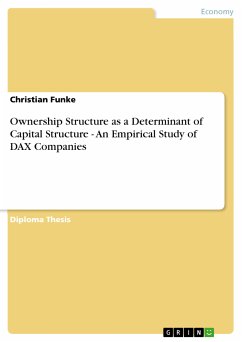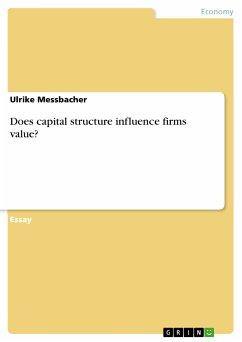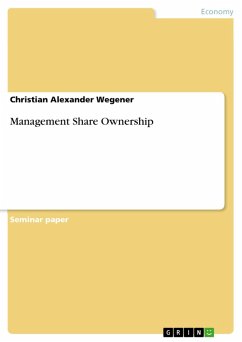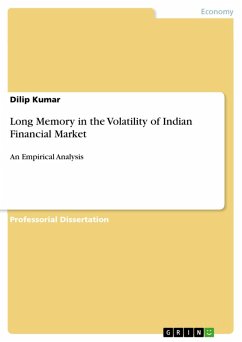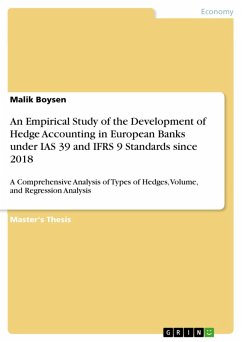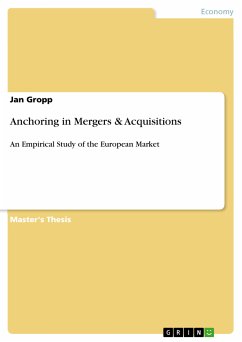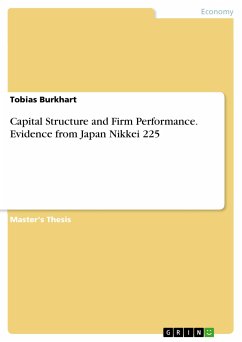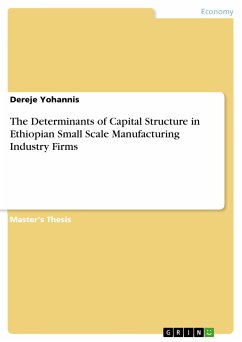Diploma Thesis from the year 2003 in the subject Business economics - Investment and Finance, grade: 1,1 (A), European Business School - International University Schloß Reichartshausen Oestrich-Winkel (Endowed-Chairf for Corporate Finance and Capital Markets), language: English, abstract: The idea that the general characteristics of a firm’s ownership structure can affect performance has achieved considerable attention and related research brought forward relatively consistent empirical evidence e.g. on the positive impact of managerial ownership on firm performance. However, the evidence on the relation between ownership and capital structure is less consistent and numerous, although there are good reasons to believe that there may be such a relationship. Since the capital structure irrelevance propositions of MODIGLIANI/MILLER economists have devoted considerable time to studying cross-sectional and time-series variations in capital structure. More recent work following the seminal contribution by JENSEN/MECKLING has employed an agency theory perspective in the search for an explanation of capital structure variations. With this managerial perspective capital structure is not only explained by variations in internal and external contextual factors of the firm, but also by the values, goals, preferences and desires of managers. Corporate financing decisions are influenced by managers’ incentives and the incentives for managers to act opportunistically can be influenced by the ownership structure of the firm. However, most empirical work analyzing a firm’s capital structure in cross-sectional and time-series studies ignores the equity ownership structure as a possible explanatory variable. This can be partly explained by problems associated with the availability of ownership data, when compared to readily available accounting and market data on other relevant variables. Notwithstanding, it entails a problem of model misspecification as omitting a relevant variable may cause misleading empirical conclusions. Additionally, the problem arises that the studies taking ownership structure into account do not bring forward consistent results. They find contradictory evidence without any side clearly dominating the discussion, neither theoretically nor empirically. The objective of this thesis is to contribute to the empirical debate of those two problems by investigating whether the structure of equity ownership can help in explaining cross-sectional variation in capital structure for the case of Germany. Since corporate managers and external block holders are two groups who have considerable influence on a firm’s decisions, this thesis focuses on the effects of managerial share ownership and external block ownership on capital structure.

